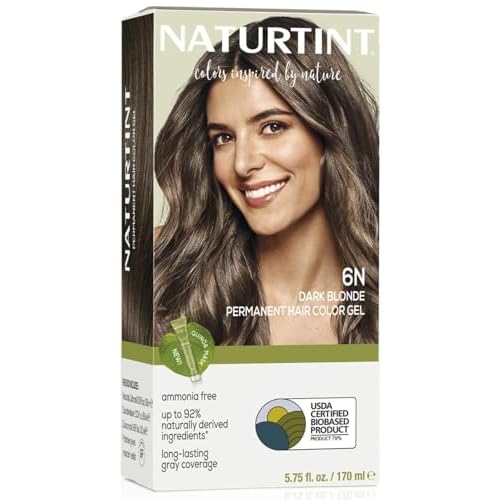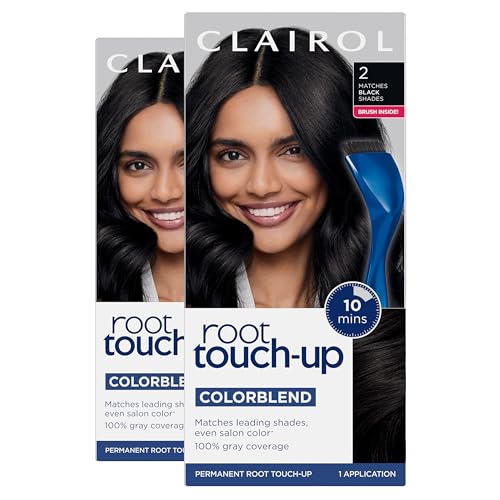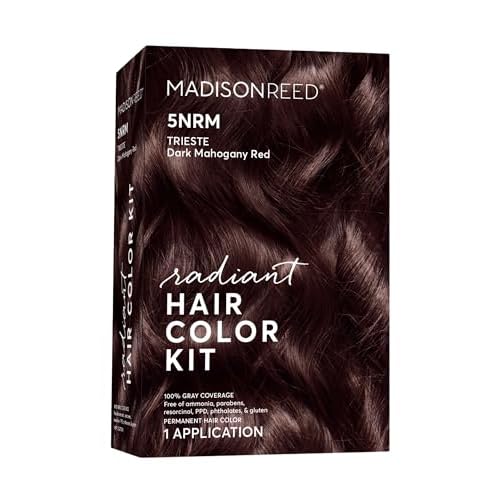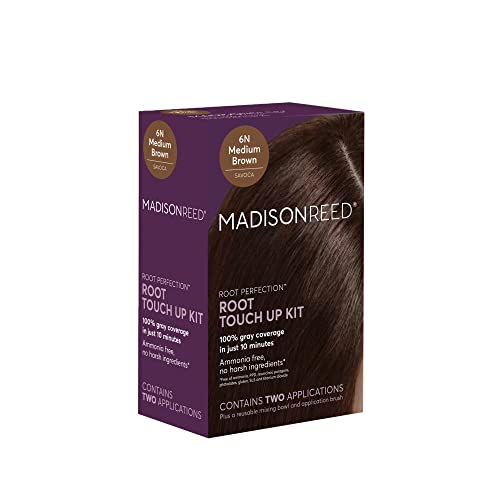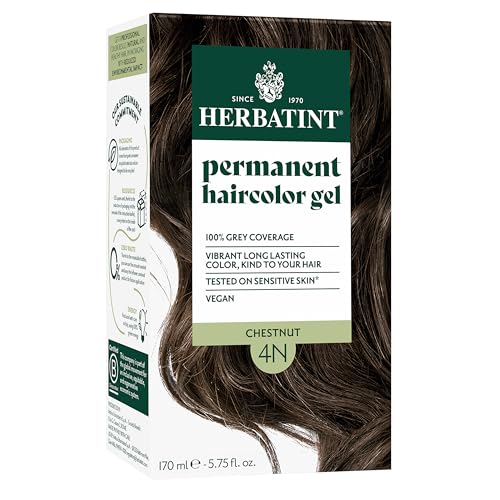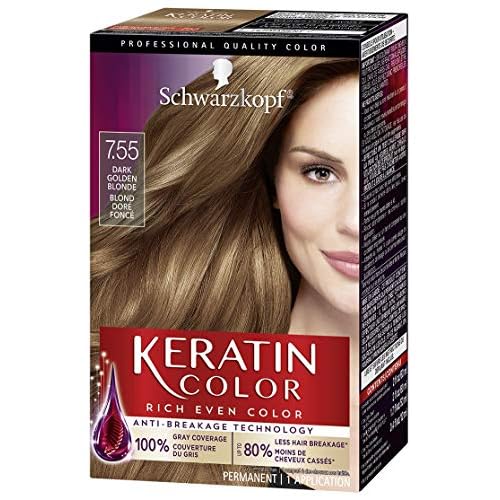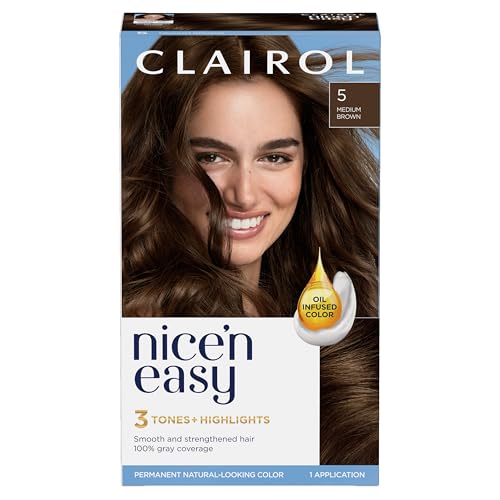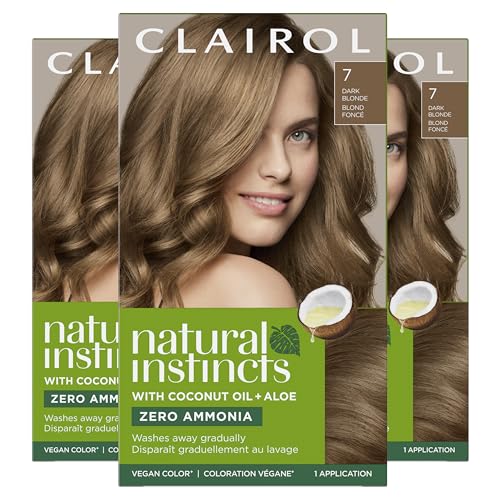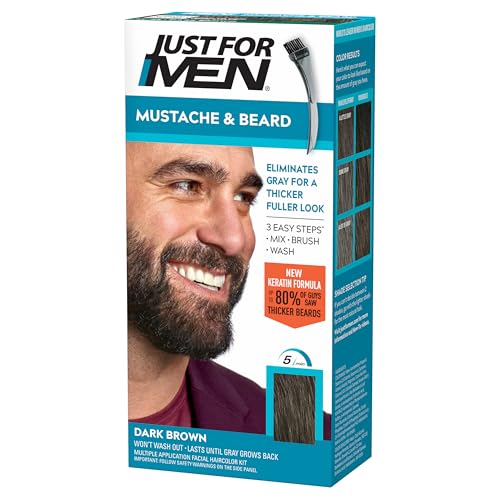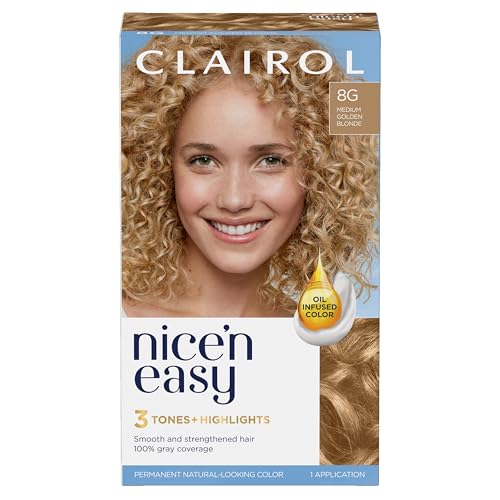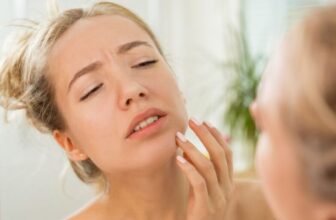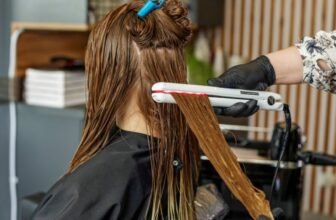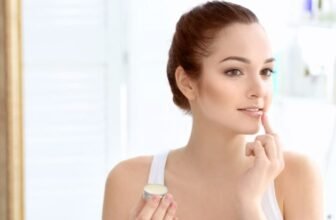
To keep your skin hydrated during your grooming routine, it’s crucial to understand the importance of maintaining moisture levels for a healthy complexion. By selecting the right products tailored to your skin’s needs, you can effectively nourish and protect your skin. But have you considered other factors that can impact your skin’s hydration levels? Perhaps there are additional tips and techniques that could enhance your skincare routine and elevate your skin’s hydration game.
Importance of Skin Hydration
To maintain healthy skin, prioritizing hydration is essential. Your skin is the largest organ in your body and plays a crucial role in protecting you from external elements. By keeping your skin hydrated, you’re ensuring that it remains strong and resilient, able to effectively carry out its functions.
When your skin lacks proper hydration, it can become dry, tight, and more prone to damage. Dehydrated skin is also more likely to show signs of aging, such as fine lines and wrinkles, prematurely.
In addition to maintaining the health and appearance of your skin, hydration is vital for overall well-being. Properly hydrated skin helps regulate body temperature, aids in the removal of toxins through sweat, and supports the skin’s natural barrier function. By prioritizing hydration as part of your grooming routine, you aren’t only caring for your skin but also promoting your overall health and vitality.
Choosing the Right Moisturizer
Selecting the appropriate moisturizer for your skin type is crucial for maintaining optimal hydration levels and promoting skin health. When choosing a moisturizer, consider your skin’s specific needs. If you have oily skin, opt for a lightweight, oil-free moisturizer to prevent clogged pores. Dry skin benefits from richer, creamier formulas that provide intense hydration. For sensitive skin, look for moisturizers with gentle, fragrance-free ingredients to avoid irritation.
It’s essential to pay attention to the ingredients in your moisturizer. Hyaluronic acid is excellent for all skin types as it helps retain moisture and plump the skin. If you have acne-prone skin, seek out moisturizers with salicylic acid or benzoyl peroxide to combat breakouts while hydrating your skin. For mature skin, ingredients like retinol or peptides can help reduce fine lines and wrinkles while keeping your skin hydrated.
Remember to choose a moisturizer with SPF to protect your skin from the sun’s harmful rays. Sunscreen not only prevents sun damage but also helps maintain your skin’s hydration levels throughout the day. By selecting the right moisturizer for your skin type and needs, you can ensure your skin stays hydrated and healthy.
Hydrating Face Masks and Serums
Consider enhancing your skin hydration routine by incorporating hydrating face masks and serums into your grooming regimen.
Hydrating face masks are a fantastic way to provide an intense boost of moisture to your skin. Look for masks containing ingredients like hyaluronic acid, aloe vera, or glycerin to help lock in hydration and leave your skin feeling plump and refreshed. Applying a hydrating face mask once or twice a week can significantly improve your skin’s hydration levels.
In addition to face masks, using hydrating serums can also be beneficial for maintaining hydrated skin. Serums are lightweight, fast-absorbing liquids that penetrate deeply into the skin, delivering a high concentration of active ingredients. Opt for serums with ingredients such as vitamin C, niacinamide, or peptides to help hydrate and nourish your skin from within. Incorporating a hydrating serum into your daily skincare routine, after cleansing and before moisturizing, can help keep your skin looking healthy and glowing.
Hydration From Within
For optimal skin hydration, ensure you’re hydrating from within by drinking an adequate amount of water daily. Water is essential for maintaining skin health as it helps flush out toxins, deliver nutrients to skin cells, and keep your skin looking plump and radiant. Dehydration can lead to dry, flaky skin, and even exacerbate skin conditions like eczema or acne.
To ensure you’re drinking enough water for hydrated skin, carry a reusable water bottle with you throughout the day. Aim to drink at least 8-10 glasses of water daily, but adjust this amount based on your activity level, climate, and individual needs. If you struggle to drink plain water, try infusing it with fruits like lemon or berries for added flavor.
Incorporating hydrating foods into your diet can also contribute to skin hydration. Foods like cucumbers, watermelon, and oranges have high water content and can help hydrate your skin from the inside out. Remember, keeping your skin hydrated isn’t just about what you put on it, but also what you put into your body.
Beauty & Personal care

